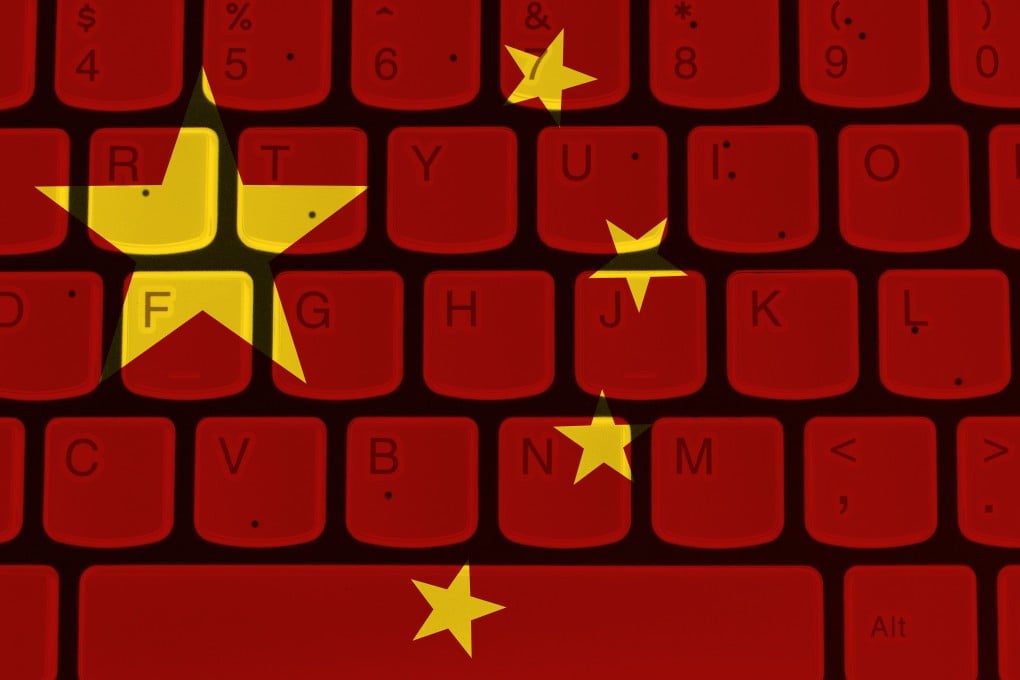China tightens controls on internet to try to remove ‘weeds’ and keep things positive online
- New rules took effect on Sunday putting responsibility on websites, service providers, producers and users
- Content ‘harming national interests’, ‘spreading rumours’, ‘sexual innuendo’ or ‘inappropriate commentary on natural disasters’ is deemed unacceptable

China’s online content producers are on alert for “rumours” or anything else deemed unacceptable by the regulators under stringent new internet rules that took effect on Sunday.
The regulations – announced by the Cyberspace Administration of China in December but effective from March 1 – put responsibility for such content not just on the websites that host it but service providers, content producers and service users.
They state that content posted online should be mainly positive, uplifting and devoid of rumours.
The regulations also list examples of what is unacceptable – content “harming national honour and interests”, “spreading rumours, disrupting economic and social order”, “content that embodies sexual innuendo … horror and brutality, vulgarity”, and “inappropriate commentary on natural disasters and major accidents”.
Any online platform that breaks the rules will be warned, restricted or suspended, while the people responsible could face legal action.
A commentary in Communist Party mouthpiece People’s Daily on Sunday hailed the regulations as a “good start for Chinese internet management”, saying they could “eradicate the weeds in cyberspace”.